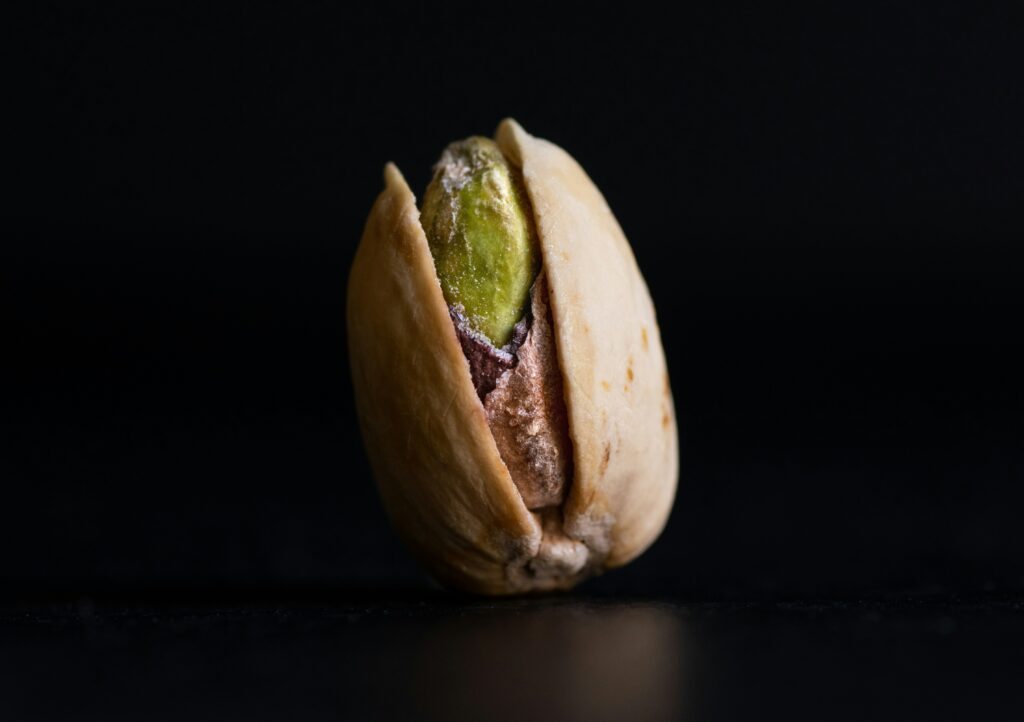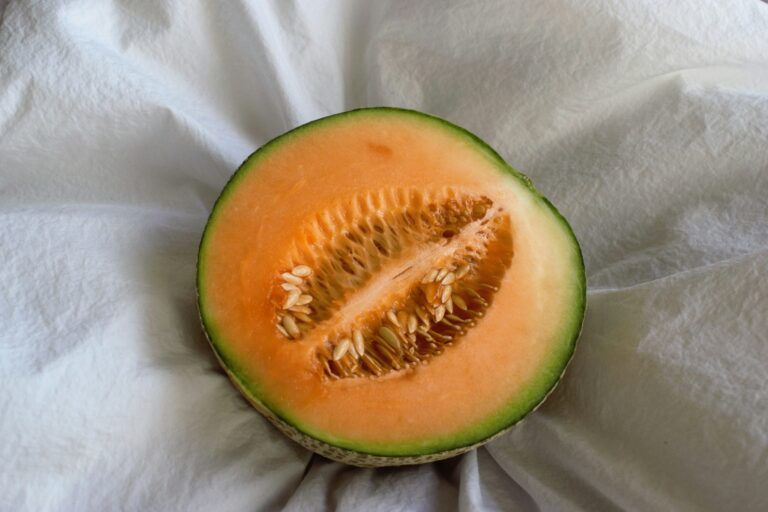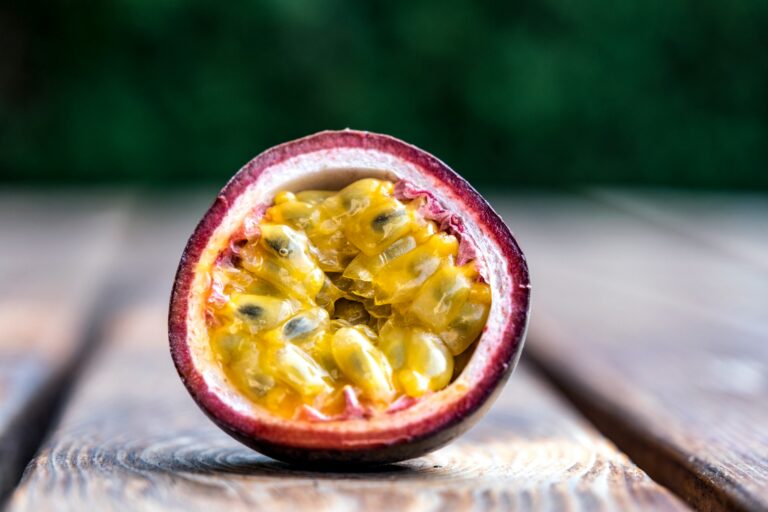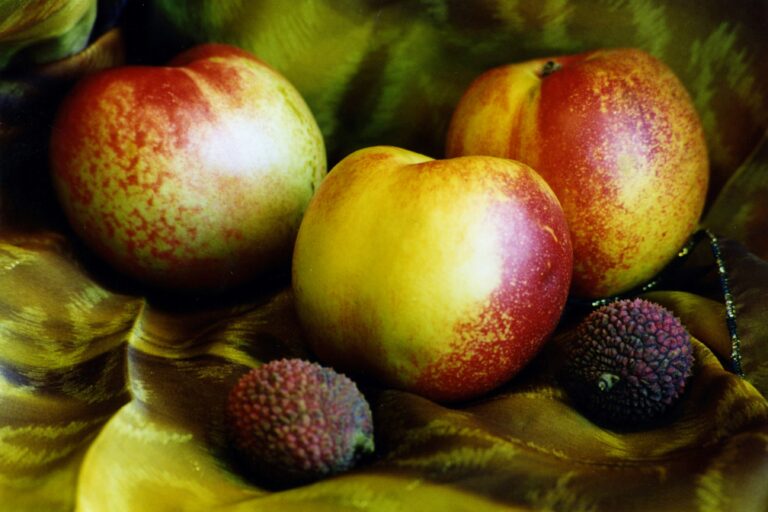The scientific name of pistachio is Pistachio vera. Pistachio is a member of the cashew family. Pistachios are native to Asia Minor and Western Asia. Other important members of this family are mango, mombins, pepper tree, sumac, and cashew. Pistachios are native to Pakistan and India also. It was cultivated 3000 years ago. Pistachios are recently cultivated in California. Turkey, Iran, and the USA are the best nut-producing countries in the world. They produce a quality amount of nuts about 97%.
Color: The color of pistachio is often green, this green color comes from chlorophyll. The same green color which is green pigment comes from chlorophyll present in other fruits and vegetables like green apples, lettuce, and celery.
Shape: The shells of pistachios vary in shape. The three main groups of long, round, and jumbo. These contain regular and green channels. The statue nut is bright green.
Size: The length of his texture ranges from 20.5 to 22 mm and a width of 10.5-12 .0 mm. The thickness of the pistachio ranges from 11.5 to 12.0 mm.
Flavor: Pistachios have a strong nutty flavor you may experience certain variations in taste like a little sweet and mild flavor.
Nutrients
Pistachios are very beneficial and important for the human body as they are fully packed with nutrients. Pistachio nuts are perfectly edible. Pistachio nuts are rich in minerals but their most important source is of vitamins, magnesium, and carbohydrates. Here are some of the nutrients in one cup of pistachio.
- Calories 562 kcal
- Total fat 45 g
- Total carbohydrate 28 g
- Sodium 1 mg
- Protein 20 g
- Vitamin C 9%
- Thiamine 21%
- Iron 21%
- Vitamin B6 85%
- Magnesium 30%
- Dietary Fiber 10 g
- Sugar 8 g
| How to grow pistachio? |
Healthy Benefits of Pistachio
Pistachio nuts are incredibly nutritious and easy to enjoy in a number of different recipes. Pistachio nuts help to manage your weight loss.
Aids weight loss
Pistachios are rich in fiber and protein, both of which increase the feeling of fullness and help you eat less. Despite being an energy-dense food, nuts are one of the most weight-loss-friendly foods. In several studies, the malabsorption of fat from nuts is because part of the fat content is stuck within their cell walls, preventing it from being digested in the gut.
Lower blood pressure
Pistachios may relieve the risk of heart disease in many ways. Being high in antioxidants, pistachio may lower cholesterol and improve blood pressure. Thus lowering the risk of heart disease. People with high LDL cholesterol consumed 10% of their daily calories from pistachio. Pistachios seem to lower blood pressure more than other nuts.
High in Anti-oxidant
Antioxidants are vital to your health. Antioxidants prevent cell damage and play a key role in reducing the risk of certain conditions such as cancer. Pistachios are especially rich in lutein and zeaxanthin both of which are very important antioxidants for eye health. These compounds protect eyes from damage caused by blue light and macular degeneration, a condition in which your central vision is impaired or lost. Abundant groups of antioxidants in pistachio are polyphenols and tocophenols that protect against cancer and heart disease.
Promote gut health
Pistachios are high in fiber. Fiber moves through your digestive system mostly undigested and some types of fiber are digested by good bacteria in your gut, acting as pre-biotics.
Side Effects of Pistachio
Eating pistachios in large quantities will disturb your digestive system, causing
- Abdominal pain
- Intestinal pain
- Cramps
- Diarrhea
- Irritable bowel syndrome
- Bloating or gas in some cases
- In some people, it may increase the chances of kidney problems
FAQ
What is pistachio good for?
Pistachios are rich in nutrients, making them extremely advantageous and significant for human health. Although pistachio nuts are abundant in minerals, vitamins, magnesium, and carbs are their main nutritional constituents. Pistachios are a great way to support heart health since they can balance blood pressure, supply antioxidants, control blood sugar, and balance levels of HDL and LDL cholesterol.
How many pistachios can I eat a day?
For most people, 1-2 ounces of pistachios eaten daily is a healthy and safe amount. To find the ideal amount for you, it’s always a good idea to speak with a medical expert or a certified dietitian, as individual needs and circumstances differ. Additionally, nutritionists recommend that people consume enough water to facilitate digestion. Otherwise, you may get an upset stomach after eating pistachios.






